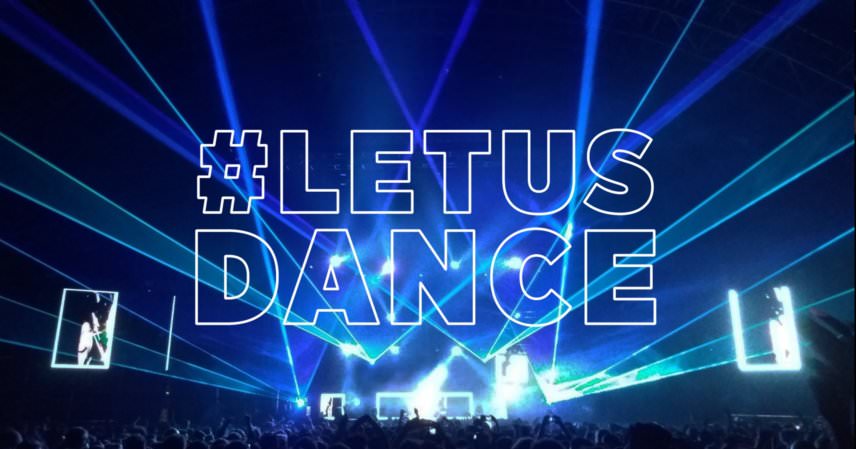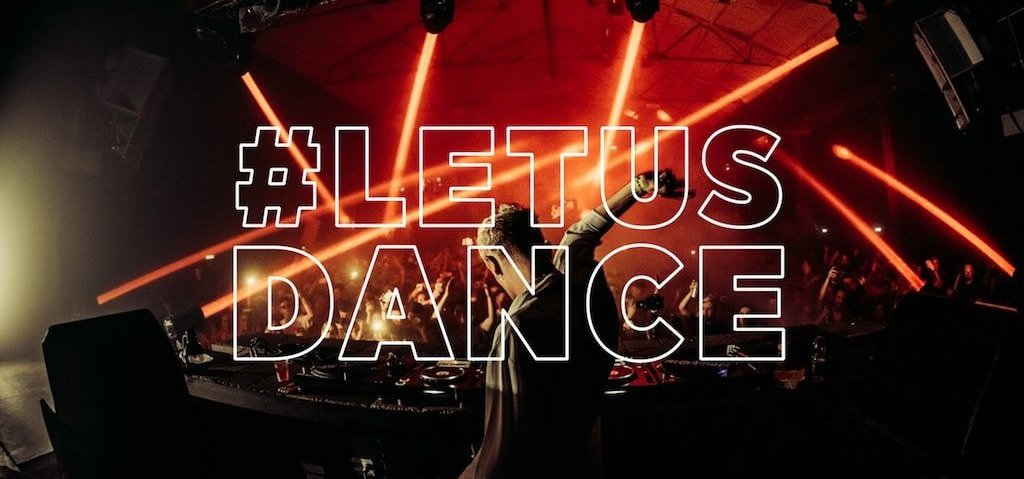Dance music culture in the UK is about to head into the harshest winter it’s ever seen. Harold Heath argues that the time to act is now.
That inescapable 4/4 pulse, feeling the low end in your guts, music so loud that it’s all-encompassing. Heat rises from the bodies jacking close to one another. The DJ cuts out the bass and arms reach for the ceiling. Smoke, sweat and the crunch of plastic cups beneath your feet. Long nights spent packed into dark rooms with hundreds of other strangers, no thought given to sharing their air, or what we might be breathing in, united by the beat, one nation under a strobe.
For the near future at least, that’s all gone: Covid-19 made the dancing stop. From the mega-festivals to the smallest provincial basement rave, every night club, party and rave is shut down, leading to a resurgence in illegal events.
The Music Venues Trust estimated in June that 93% of grassroots music venues face permanent closure
The UK’s night-time economy is the country’s fifth-largest industry. It accounts for around 8% of UK employment and according to the Night-Time Industries Association is worth around £66bn annually. But not at the moment. Currently, for DJs, live acts, singers, musicians, drivers, promoters, club owners, sound engineers, lighting crews, roadies, bar staff, administrators, security, tour managers and all other the people who work in the night time industry, there’s little or no work. And no one knows when it will start again, or how it will. And in the meantime, we wait at home.
We stay online, sharing videos of ourselves desperately having fun at home to live streams, looking for the merest taste of that rave communion that we are now missing so acutely. Thinking about how we’ll never moan again about being stuck in a drizzly queue for half an hour to get in a rave. Never again will we complain that the DJ’s having a bit of a mare this evening, or gripe that the smoking area is a cab ride away from the dance floor. Give us that poorly tuned sound system, overcharge us for drinks, take our money: we just want to come back.
But come back to what?
The cross-party Commons Digital, Culture, Media and Sport (DCMS) Committee reported this week that Britain faces mass redundancies and venue closures in the arts due to late or ineffectual action by the UK government. The Music Venues Trust estimated in June that 93% of UK grassroots music venues face permanent closure.
The wave of redundancies and venue closures that we’re about to live through may well rip the heart out of dance music culture in ways we seem to be unable to face up to
Meanwhile, local councils in the UK will need to make huge cuts to services and make many staff redundant following the government’s failure to make good on its promise to cover the cost of supporting and protecting their residents through the pandemic. And the UK looks set to leave the EU without a deal at the end of the year. Whatever your feelings about Brexit, it’s clear that it will have a negative impact on the arts. An in-depth report from the Arts Council found that when asked about its potential advantages, the vast majority of key stakeholders in the UK arts “stated that they were not able to give any arising for their organisation as a result of Brexit.” This is the economic context in which we find ourselves.
The wave of redundancies and venue closures that we’re about to live through may well rip the heart out of dance music culture in ways we seem to be unable to face up to. There’s a sense that we’re blindly cruising along, blinkered to reality of what the harshest winter UK dance music has ever seen will bring.
So what are we to do?
The DCMS report acknowledges the Governments recent £1.57bn emergency injection into galleries, theatres, music venues and other cultural institutions, but notes that it was “regrettable” that it took so long to be announced, arguing that this uncertainty led to avoidable redundancies and closures. Meanwhile, the clubs and dance music sector fear they will be excluded from these funds as our culture doesn’t qualify as an ‘artform’.
The report recommends in addition to this funding, “a sector-specific recovery deal that includes continued workforce support measures, including enhanced measures for freelancers and small companies; clear, if conditional, timelines for reopening, and technological solutions to enable audiences to return without social distancing; and long-term structural support to rebuild audience figures and investment in time of economic uncertainty.”

Sounds like a plan. So now we just need the UK government to act upon it. However, it is extremely likely that the current UK government won’t do one single thing to save the arts unless they are pressured to do so. This is our chance, now, today, to act, to do something, to try and salvage something of our precious dance music culture that we’ve all built up over the last forty years.
A huge number of industry organisations, venues, acts, musicians, DJs, promoters and people working in the industry are all supporting the #LetUsDance campaign to press the government to intervene – to either allow nightclubs to access some of this emergency funding or to receive its own ring-fenced funding. The Night Time Industries Association have set up a page where you can find your MP and send them an email, pressurising them to act. If every single member of the dance music community were to do this, they would have to respond. There is power in numbers – but you have to actually do something, it’s not enough to simply post on social media. Our DJ and dance music culture is precious, something to be so very proud of. For us, it has defined and enriched our lives immeasurably but if we let them, this government will happily allow it to simply disappear into the cold, thin air of winter.
You can find your MP and send them a pre-written email (or you can send your own text if you prefer) via The Night Time Industries Association website.
